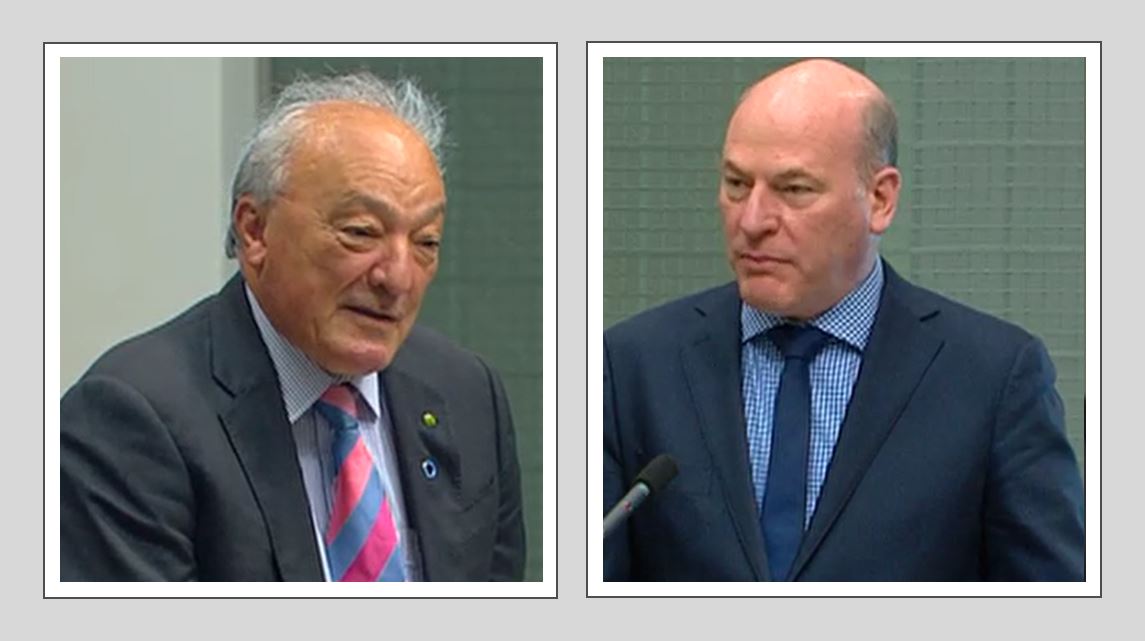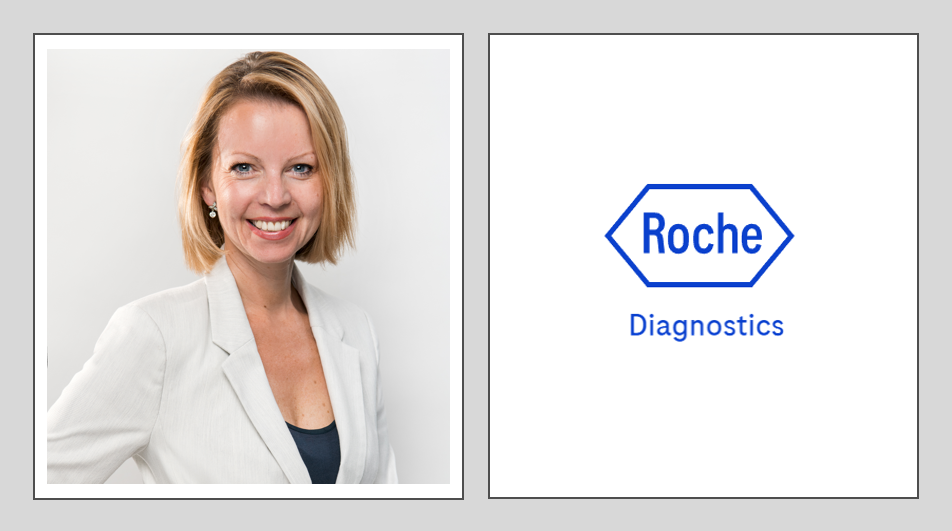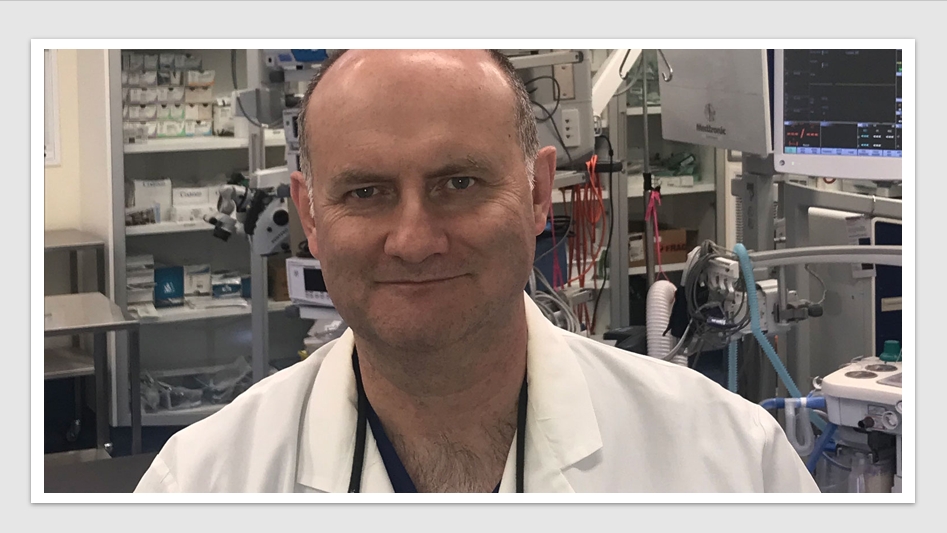News & Trends - Pharmaceuticals
Committee releases major report on reforming the approval process for new medicines and medical technology

A new parliamentary report The New Frontier: Delivering better health for all Australians is recommending significant reforms to the healthcare system to ensure Australians have better and faster access to the wave of new medicines and technologies.
Throughout its 15-month inquiry, the Committee received over 200 submissions and held 13 days of public hearings in several capital cities.
The bipartisan report makes 31 recommendations to reform Australia’s system for the regulation and reimbursement with the hope that patients will receive faster access to the latest medicines and technologies.
The Chair of the Committee, Mr Trent Zimmerman MP said “We are witnessing what will be a revolution in the treatment of many conditions, as our understanding of genomics and the development of precision medicine develops. In so many other areas we are also seeing progress in drugs and technology, which has been reflected in the development of COVID-19 vaccines and treatments.
He continued “The Committee recommends the creation of a centre for precision medicine and rare diseases within the Department of Health to provide advice on research priorities, education and training for clinicians and patients and the development of a comprehensive horizon scanning unit for new medicines and novel medical technologies. The committee also recommends that a new pathway for cell and gene therapy be established to simplify the health technology assessment processes.
“The committee heard from patients and their families about the need for more patient involvement in the approvals decision making process, the new drugs and novel medical technologies. Patients do have a crucial perspective on what treatments work best for them, including important lifestyle benefits. But this has traditionally not been given enough attention within the regulatory system. The Committee recommends reforms that will strengthen the central role that patients should have in that assessment process.
He added “The approval processes for new medicines and novel medical technologies are very complex and this report discusses different ways to streamline them to provide better and faster patient access to treatments. It was clear to the committee that there was a great deal of momentum behind the push to improve the regulatory and reimbursement system, not just a general desire for change, but a wealth of ideas for reform and a willingness to make the efforts and compromises necessary to implement them. The committee hopes that this report captures those ideas and paves the way for the improvements needed to provide Australians with the best possible health care now and into the future.”
Deputy Chair of the Committee, Dr Mike Freelander MP, said “We are at an inflection point in healthcare in Australia at the present time, because of the rapidly increasing treatments becoming available for conditions previously considered untreatable. This is particularly so in my own field of paediatrics. How Australians get access to these treatments in an equitable manner has been the main focus of our Inquiry.
“I have learnt a lot during the course of the Inquiry, and have been humbled by the experience. I am particularly grateful to the Chair, Trent Zimmerman, and to the incredibly hardworking Secretariat, without whose efforts the Inquiry would not have been possible. I am very grateful for the manner in which our Inquiry has been approached by staff at the Health Department, particularly Prof John Skerritt and his staff at the TGA, the PBAC and MSAC, who at all times gave their support and never refused to give us time for meetings. I reiterate my support and thanks for all those who presented to us. I’ve enjoyed the Inquiry and the bigger picture is to now get whoever is in government to act on our recommendations.”
Medicines Australia CEO Elizabeth de Somer said “The report, tabled in Parliament today, is the result of more than 12 months of demanding effort, and thorough consultation by the Committee to review over 200 submissions and hold over 50 public hearings.
“The amount of energy and thoughtfulness that was put into each of these submissions was exemplary and the Committee has given considerable attention to the stakeholder contributions.”
Medicines Australia’s analysis of the submissions in June this year highlighted the call for greater involvement of the patient voice and prioritising fast access to new and innovative medicines, vaccines and treatments to ensure that no Australian patient is left behind.
“Medicines Australia is hopeful that the upcoming independent review of Health Technology Assessment (HTA) policies and methods will help address some of the issues raised during this Inquiry,” said Ms de Somer.
Ian Burgess, CEO of Medical Technology Association of Australia (MTAA) said “This important inquiry has heard from many MTAA members through submissions and several hearings, each of which raised ways to improve Australia’s already world class health system.
“Australia has one of the world’s best health systems, however, we need to ensure that our regulatory and funding systems can keep up with the exponential pace of growth in innovation. Technologies such as 3D printing, artificial intelligence and digital therapeutics can deliver personalised treatments which dramatically improve health outcomes. However, consumers will miss out if our regulatory and approvals processes cannot cope with these innovations.
“MTAA welcomes the recommendations in the report for a more flexible and streamlined approach to regulation. We also support the call for increased involvement of patients in approvals processes. In particular, MTAA welcomes the recommendations to address the lack of coverage of non-implanted devices and to improve coordination between the two major device evaluation committees: the Medical Services Advisory Committee and the Prostheses List Advisory Committee,” Mr Burgess commented.
News & Trends - MedTech & Diagnostics

Roche Diagnostics MD bids farewell after two-decades, leading the organisation to new heights of success
Diagnostics & MedTech News: The Managing Director of Roche Diagnostics Australia, Allison Rossiter, has announced her resignation, effective September 2024. […]
MoreNews & Trends - Pharmaceuticals

Is Australia ready to play a leading role in precision nuclear medicines?
Pharma News: A newly released discussion paper unveils Australia’s preparedness to take the helm in the rise of the global […]
MoreNews & Trends - MedTech & Diagnostics

Minimally invasive procedure a first in epilepsy treatment
MedTech & Diagnostics News: A new MRI guided and minimally invasive surgery has marked an Australian-first procedure for the treatment […]
MoreNews & Trends - Pharmaceuticals

Stakeholders unite in international call to tackle breast cancer gaps and inequities
Pharma News: Breast Cancer Network Australia (BCNA) has united in an international call to raise breast cancer care standards and […]
More